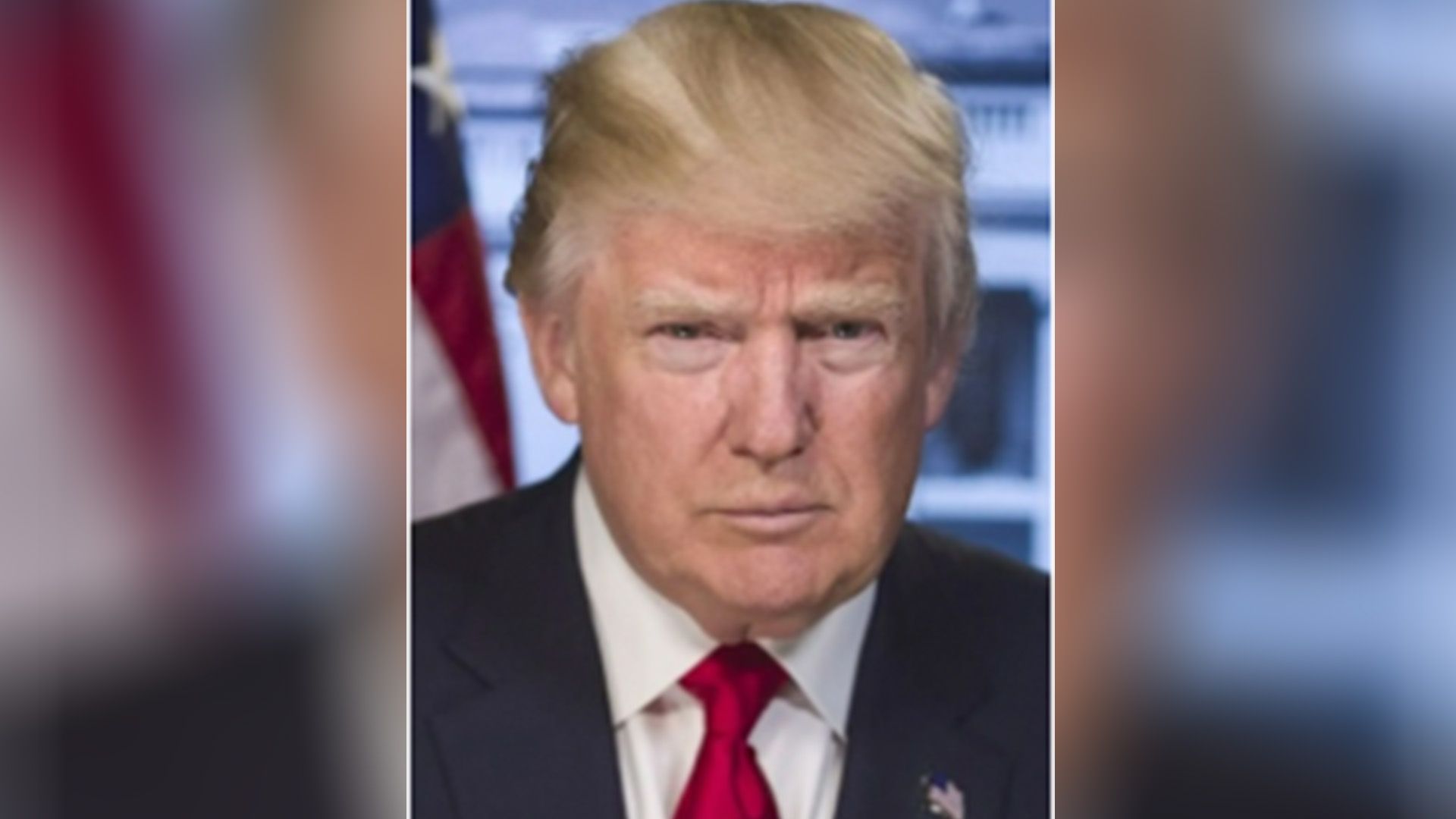Article
Pharmaceutical Executive
Pharmaceutical Executive
IP: Securing a Global Consensus—Can Industry Do It Again?
Author(s):
Harvey Bale, Jr., MD, former Director-General, IFPMA
Are intellectual property rules still relevant today, two decades after the World Trade Organization Uruguay Round created a baseline global standard through the text on Trade-Related Intellectual Property Rights (TRIPS), and only a decade after the followup WTO Ministerial Declaration on TRIPS and Public Health appeared to eviscerate them? The answer remains an unequivocal "Yes!" according to Dr. Harvey Bale, whose long career in defense of IP took him from service as Assistant US Trade Representative (USTR) to high-profile industry association posts, first at PhRMA and then at the Geneva-based IFPMA.

Harvey Bale, Jr., MD
His metric for progress on the controversial IP front is simple. "Most countries that were the target of USTR's Section 301 trade law sanctions are today no longer on the list, because they are implementing at the national level their TRIPS obligations. This is the bottom line, even though the public statements of many governments at the international level often appear in conflict with their domestic actions."
Bale's singular contribution to IP protection has been the ability to forge coalitions of like-minded countries and industries behind the industry's positions. While at USTR in the early 1980s, he recognized—along with late Pfizer CEO Ed Pratt—that a framework for IP rights within the global trade system would strengthen US bilateral actions under the Trade Act's Section 301 provisions. The Uruguay Round of trade liberalization talks provided the opportunity, and the coalition-building began. After he joined PhRMA, Bale set as a priority to work with national industry associations—particularly in developing country markets—to foster cross-regional support for TRIPS. And when he went to head the IFPMA, he added a new dimension to the case for IP, targeting the growing public health threat posed by counterfeit medicines, which led to the creation of the Pharmaceutical Security Institute (PSI). This patient-first angle brought more developing countries into the pro-patent ranks.
On the issue of whether IP protection for pharmaceuticals is better today than it was 30 years ago, Bale says, "You need only to look at the software industry, which today would welcome the basic level of IP protection enjoyed by the pharmaceutical sector in major countries such as China."
Bale, however, sees several challenges facing industry and advocates of IP protection in the years to come. First, there is the need to legitimize TRIPS. The 2001 Doha Declaration opened the sluice gates to the critics of TRIPS, who claim that while TRIPS may be legal, it is not "politically legitimate" because it was imposed on developing countries as a condition for obtaining other benefits from WTO membership. He notes, "Efforts should focus on support of countries such as China that are benefitting from the implementation of a national IP system, and even India, whose major pharmaceutical companies are recognizing the value of patent rights as they seek to expand globally."
The second and main driver of change, according to Bale, is the expansion of national healthcare systems in high-growth emerging market countries. He says, "If these countries have not learned the lessons of Europe, then the national healthcare systems that they are building will become as fiscally untenable as are Europe's." The result will be what industry has already experienced in Europe, with pricing systems that devalue patented medicines at a generic-equivalent level. Finally, the industry itself has an obligation to stay on message. This is going to be more complicated as commercial objectives diverge due to variations in the industry's business model.
What helped him overcome the career challenges he faced over the years? Bale cites three factors: first, his service in government, where he learned what drives the politics around domestic and international policy; second, his management experience in heading the USTR negotiating team's economic analysis division, which provided the opportunity to motivate people to work as a team; and third, his international economics background, which allowed him to understand the societal rationale for the preservation of property rights and the confidence that creates in international trade. – Ansis Helmanis
Newsletter
Lead with insight with the Pharmaceutical Executive newsletter, featuring strategic analysis, leadership trends, and market intelligence for biopharma decision-makers.




